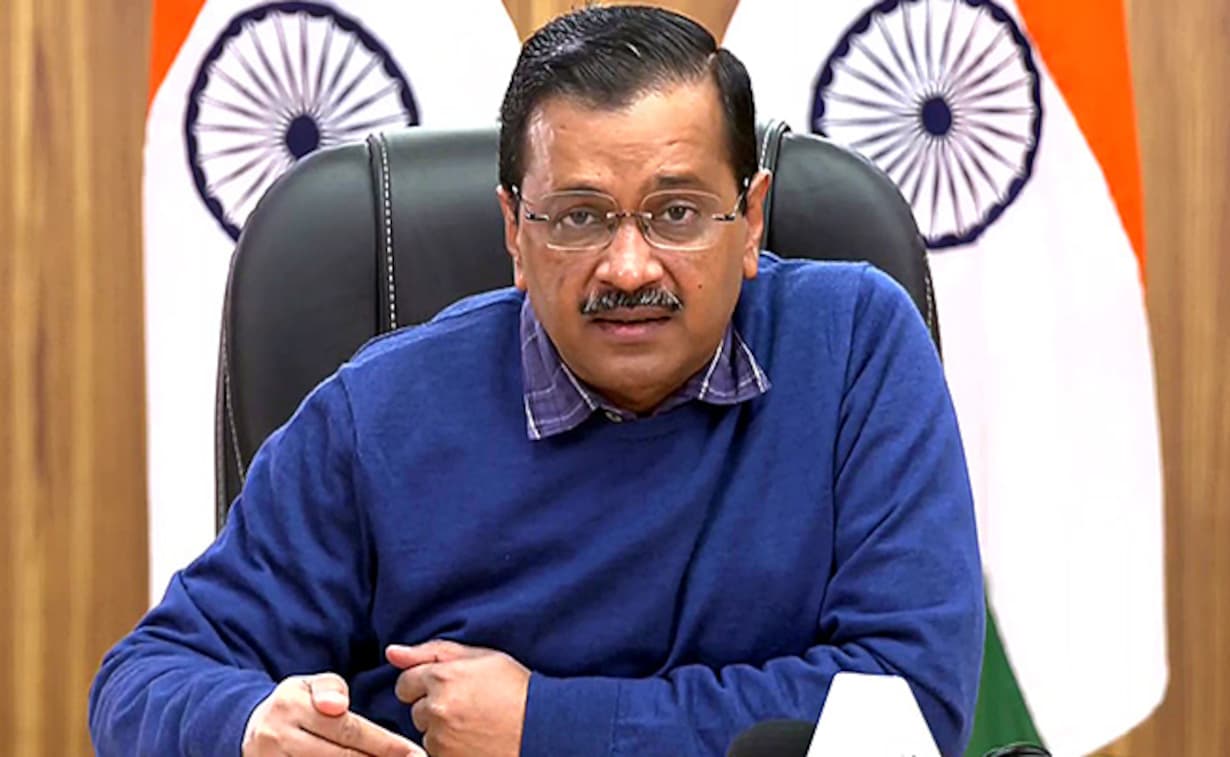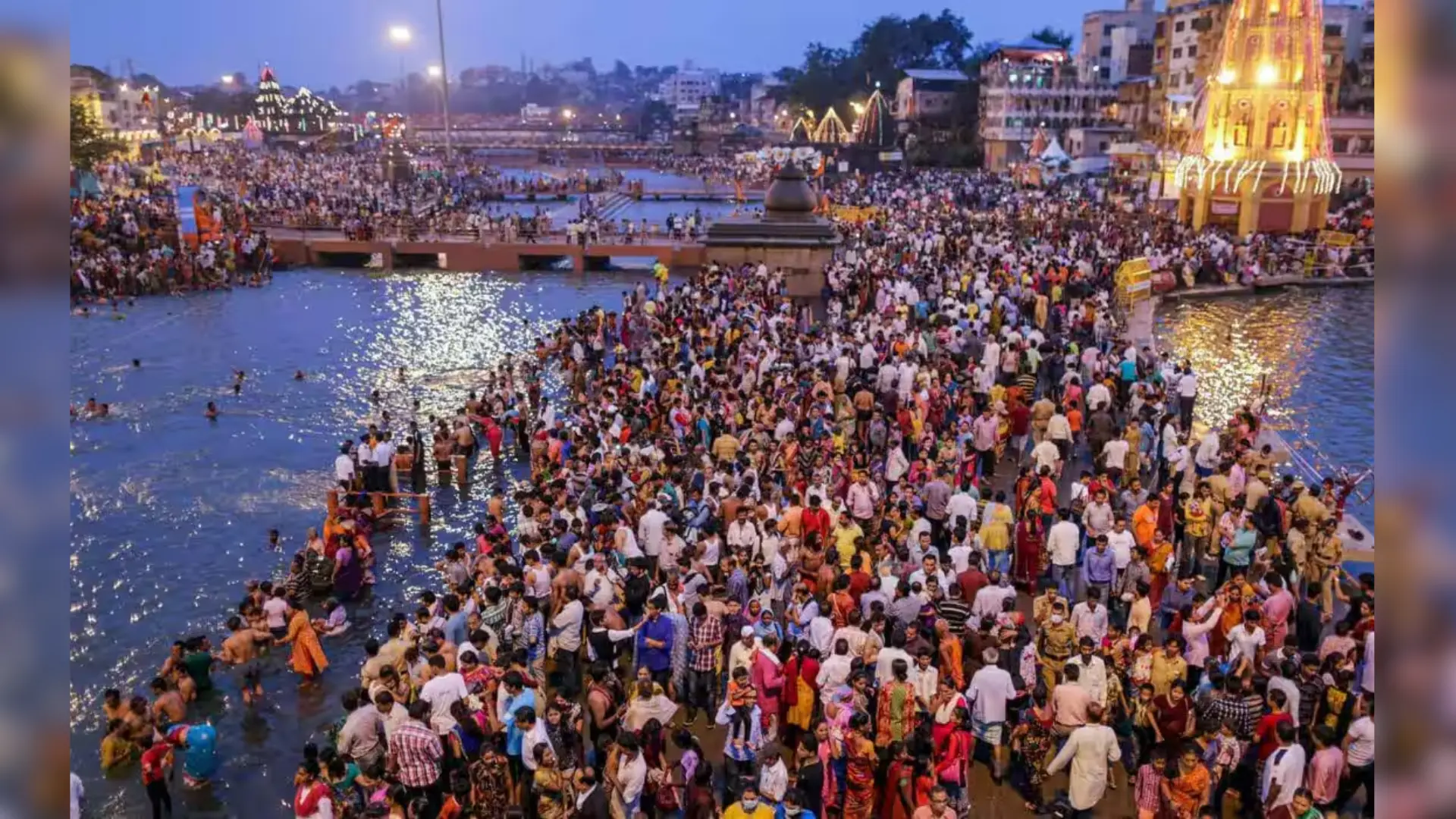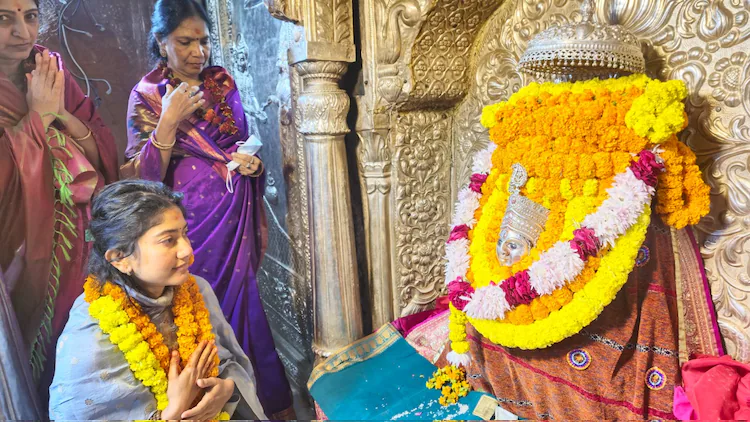On Thursday, the Supreme Court ruled in favor of the Delhi government, holding that it must have control over bureaucrats in order to maintain control over services in the nation’s capital.
Although, the court added that Delhi government’s power excludes public order, police and land. The judgement is being perceived as a victory for the Arvind Kejriwal led Aam Aadmi party. The Judgement by Supreme Court came in a case related to the administrative control over transfers and posting of civil servants in Delhi.
In its verdict the Supreme Court added that control over services shall not extend to entries related to public order. The court said that Delhi government functions similar to the governments of other States and represents the representative form of the government and that it would be unconstitutional to further expand the Union’s power.
The Supreme Court further added that if legislative and executive services are to be separated from Administrative domain, the ministers would be kept out from controlling the civil servants who are supposed to implement those executive decisions on ground.
It stated that states too have the power but the executive power of the State will be subject to the law existing of the Union. It has to be ensured that the governance of States is not overpowered by the Union.
The real power of administration must remain with the elected government, the Supreme Court said. It further added that if a democratically elected government is not given the power to control the officers, the principle of the triple chain of accountability will be redundant.
The Supreme Court noted that if officers stop reporting to ministers or do not follow their directions, the principle of collective responsibility is affected. This is because if the officers feel that they are protected from government control, it’ll directly dilute the accountability and impact governance.
CJI DY Chandrachud stated his disagreement with Justice Ashok Bhushan in the split judgement of 2019. The constitutional bench comprising of five-judges starting with CJI Chandrachud and Justices MR Shah, Krishna Murari, Hima Kohli and PS Narasimha gave the verdict on Thursday.
Continued power struggle between Centre and Delhi government since 2014
Since the Aam Aadmi Party (AAP) took office in 2014, the national capital has experienced a power struggle between the Centre and the Delhi government.
After a three-judge bench in May 2021 agreed to submit the case to a larger court in response to a request from the Central government, the matter was then listed before a Constitution bench.
Back in 2019, a two-judge bench of the top court rendered a split judgement on the subject of powers of the Government of National Capital Territory of Delhi (GNCTD) and the Union government regarding services and referred the issue to a three-judge Bench.
While Justice Ashok Bhushan had concluded that the Delhi government has no authority whatsoever over administrative services, Justice AK Sikri had ruled that only the Central government has the authority to transfer or post officers in the top echelons of the bureaucracy (joint directors and above), and that the view of the Lieutenant Governor would take precedence in the event of a disagreement regarding other bureaucrats.
The Supreme Court’s two-judge panel, which was hearing arguments on six issues related to a protracted dispute between the Centre and the Delhi government, reached a unanimous decision on everything but the control over services in the remaining five cases.
Prior to its ruling in February 2019, the Supreme Court’s constitution bench of five judges had established the broad guidelines for the national capital’s governance on July 4, 2018. In the historic ruling, the court unanimously decided that Delhi cannot be given the status of a state, but it also limited the LG’s authority by declaring that he lacks “independent decision-making power” and must follow the guidance and recommendations of the elected government.
It confined the competence of the LG to matters pertaining to land, police and public order and on all other topics, it decided that the LG would have to act on the help and recommendation of the council of ministers.
Read Also: Karnataka Assembly polls: Siddalinga Swami of Siddaganga mutt casts vote in Tumakuru
Follow us : Twitter


















